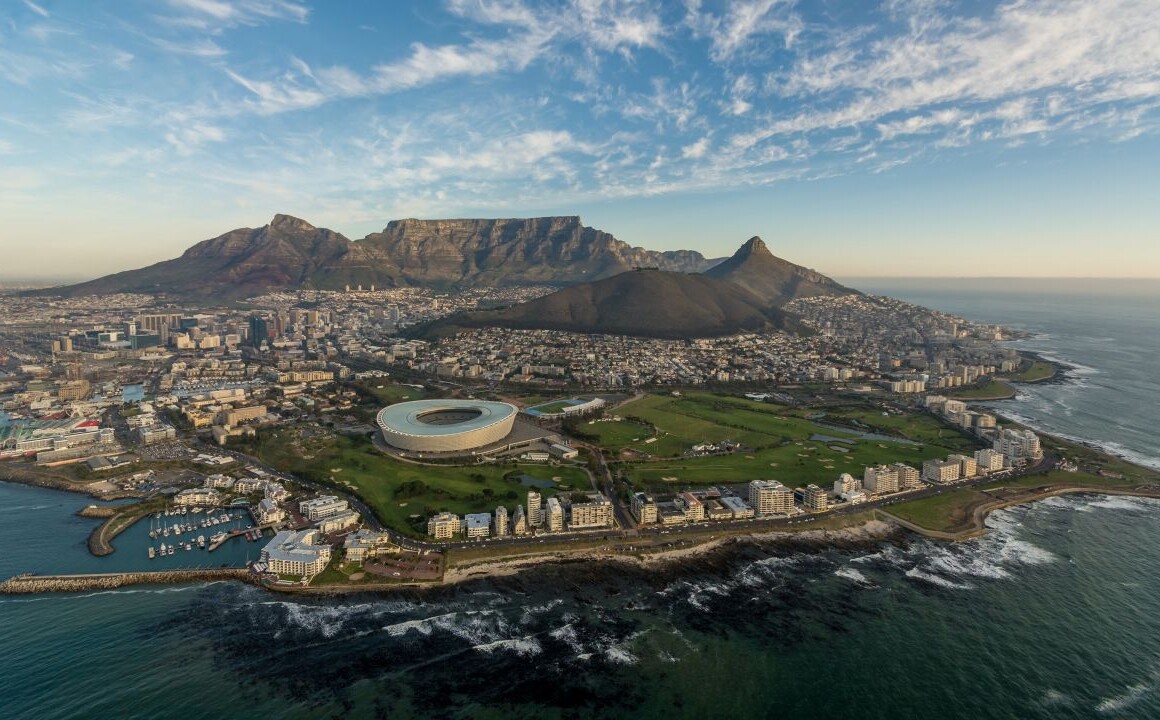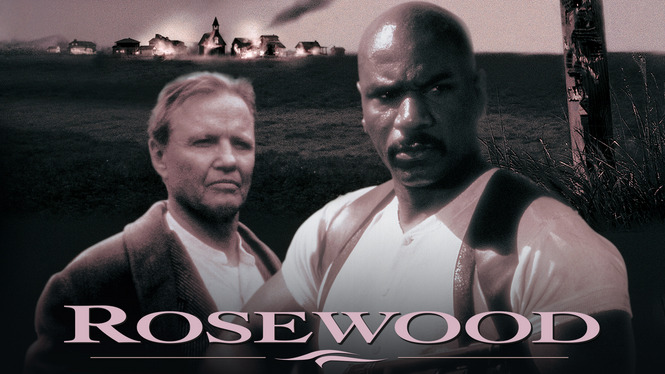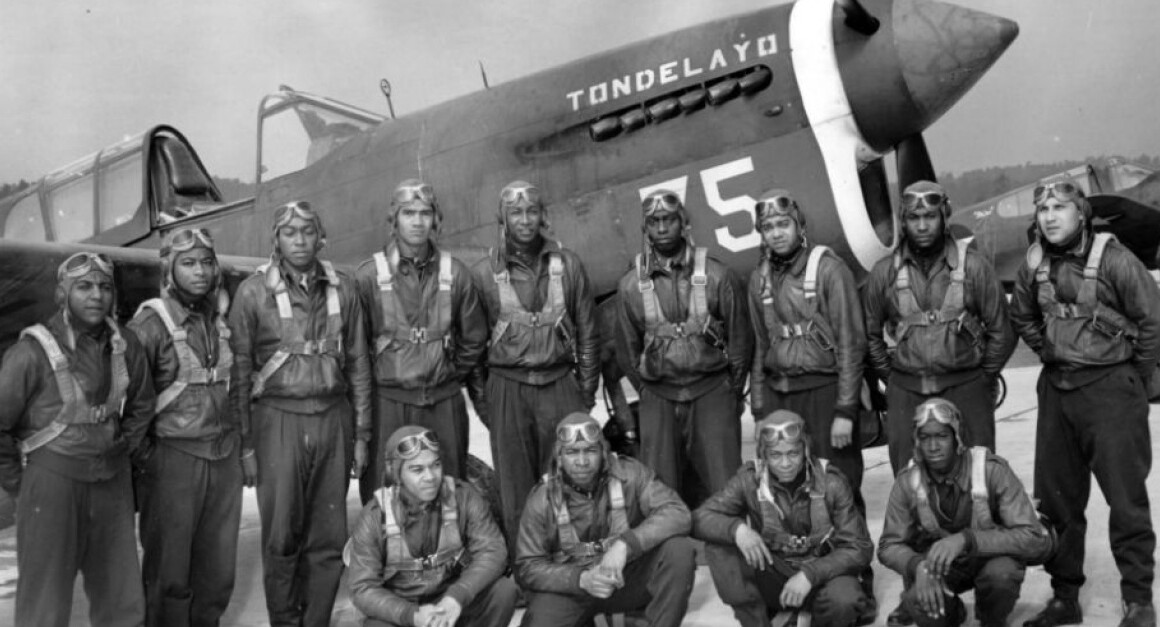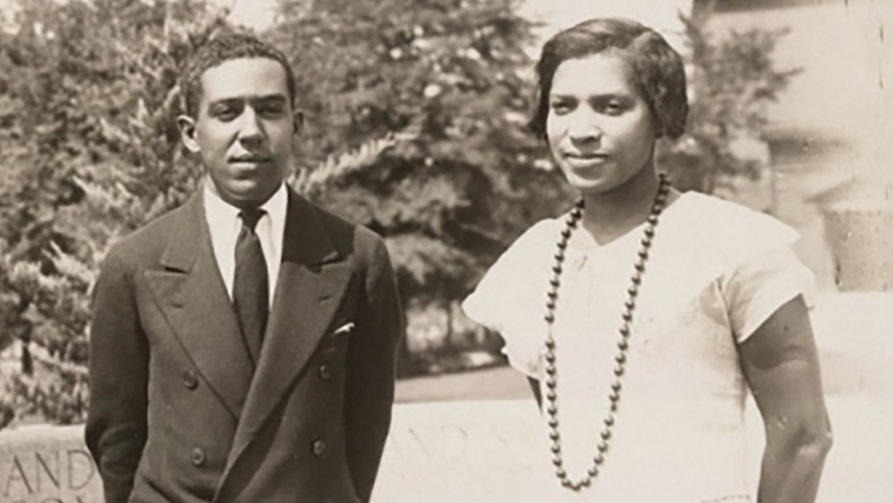Côte d’Ivoire––Landmark or Landfill? by Ross Peterson
The Côte d’Ivoire can be called a political quagmire. Now, wth President Laurent Gbagbo shaking hands with rebels who control two-thirds of the country, have they discovered a path out of the swamp? By inaugurating a Government of National Reconciliation this year, will the people who fled the country return to no longer live in fear?
Back in the fall, it looked like the original rebel group, the Patriotic Movement of Côte d’Ivoire, or MPCI, would march on Abidjan. Almost all 16,000 French and foreign nationals fled the country. Over 900,000 Ivorians were displaced, with several hundred thousand fellow Africans returning north to Burkina Faso. Operation Licorne was launched by the French military and a cease-fire agreement between the combatants was signed by the third week of the uprising, in mid October. Then two more rebel formations emerged in late November, and the bloodiest theatre of the war opened in the western zone.
As the fears of the residents in the loyalist south mounted, so did the xenophobic attacks on immigrants and Muslims living there. Human rights abuses of every description occurred. The opposition and international media were shut down. Political assassinations were rife.
The fear was neither new nor does fear alone explain the reprisals carried out (in September, October, and throughout January ) by extreme loyalist factions against fellow Africans. The anger focussed against French symbols of neocolonial power certainly has deep roots and fits nationalist aspirations. Xenophobia and economic domestic divisions along territorial and ethnic lines are the very tissue of what Côte d’Ivoire’s political class has manipulated to stay in power while dividing the masses.
But as the economic heartland of the nation realized how weak their military defenses were, something new was added to the equation. The president’s party knew how to exploit the nation’s need for a collective enemy bigger than the home-grown rebel movement. The south was forced to realize that the nation was ripe for destabilization by any of a number of potential scapegoat states, intervening from beyond the Ivorian borders.
Today it is common knowledge that the second front owed its birth to support from Charles Taylor’s regime in neighboring Liberia. Less is known about the debt the MPCI owes to Blaise Compaore’s government in Burkina Faso, to the north of the MPCI strongholds.
In any case, whether the rebels were armed by neighboring states or not, the Ivorian army was in no shape to defend their nation. The well-trained, disciplined incursion from the north was led by ex-officers from within the very ranks of the Ivorian army and its elite security forces. The MPCI leaders were former student militants who had a program of sound reforms in the area of ethnic rights and citizenship. And they all had good reasons to overthrow Laurent Gbagbo as the battle lines were drawn. But good reasons to crush Gbagbo, when facing down the French military, were not enough. It was evident by January that the rebellion would have to lean more heavily on the reform program. France could support that, and all the parties were convened in Paris to hammer out an accord that was signed on 24 January 2003.
Historically, perhaps, resolving the mess on the western front (with Liberian mercenaries fighting on both sides) may go down in the books as the greatest challenge for this phase in West African affairs. Even Taylor is sending in troops on the Liberian side to secure the border, while on the Côte d’Ivoire side we will soon see France and the Economic Council of West African States intervene with their respective peacekeeping forces. But the porous borders of African states threatened by hostile neighbors is one thing. In the political arena, how power-sharing works between the MPCI and the government deserves our attention because it poses the question of state power: reform versus revolution. The eternal question. Does power flow from the ballot or the bullet?
Will the Ivorian republic be reformed? Will the bargain serve as a model of what can or what cannot be resolved through power-sharing? Can an insurrection / revolution / civil war be interrupted and still bring about progressive reforms or redistribution of power and wealth?
Côte d’Ivoire is not out of the swamp yet; the politicians sharing power may stumble, like a mastodons stuck in a tar pit. Out-and-out civil war has probably been avoided, but the signposts away from danger using democratic reforms to avoid disaster have never been clearly marked at any time over the country’s postcolonial history.








